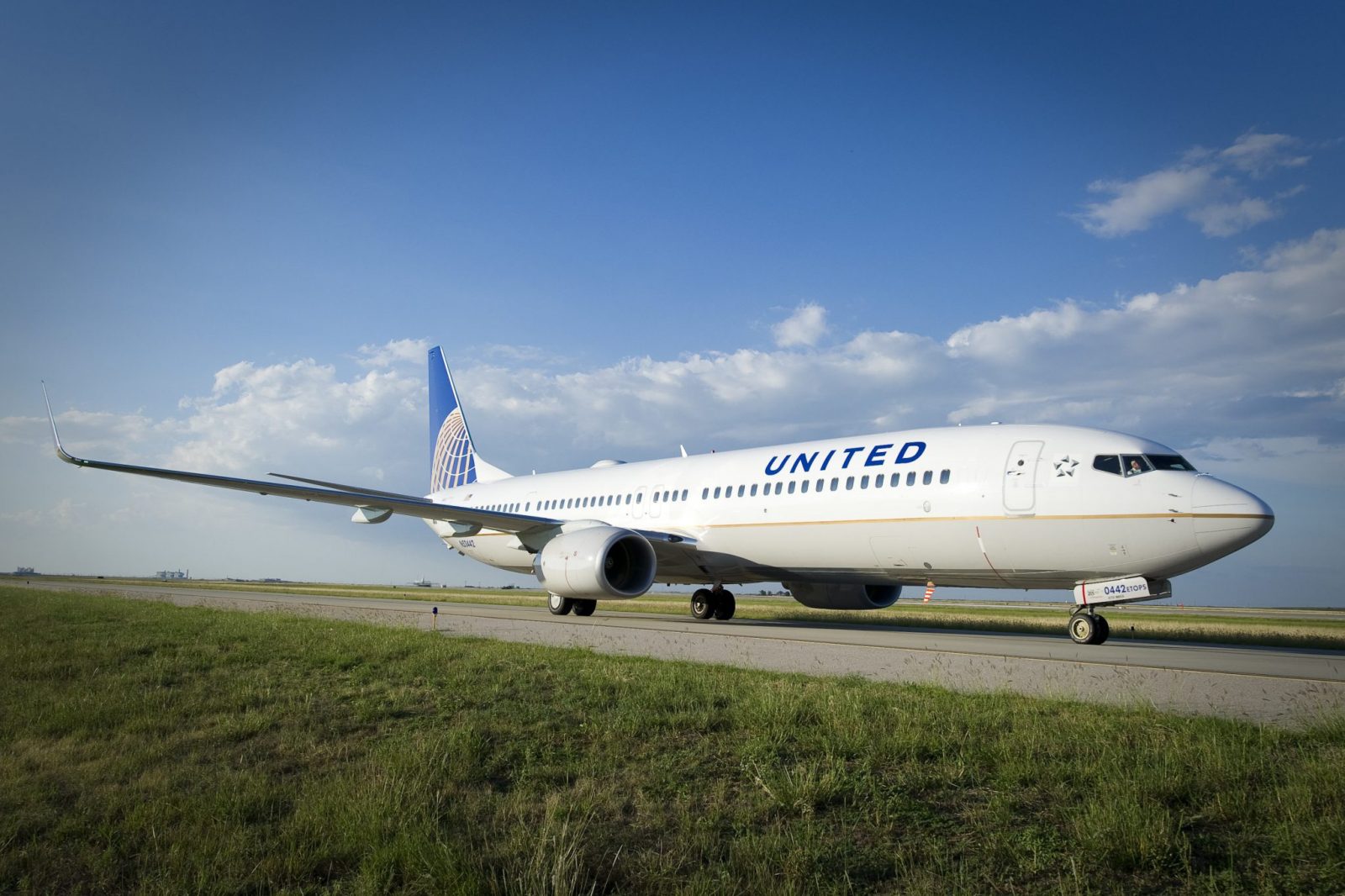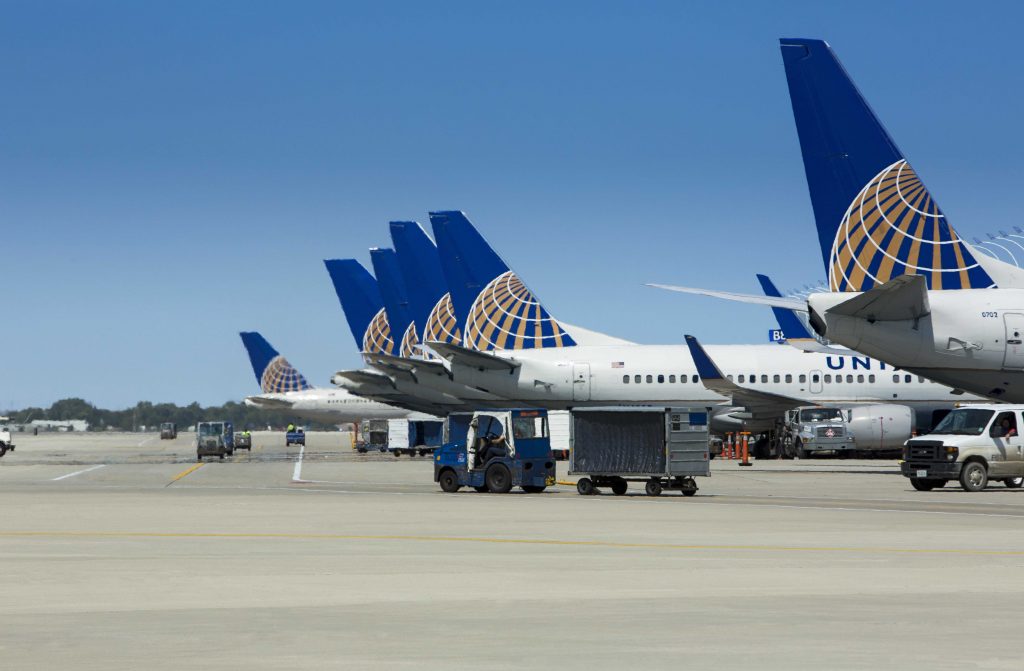
In a brutally honest joint open letter to employees, the chief executive and president of United Airlines said the carrier flew less than 200,000 passengers in the first two weeks of April – a 97 per cent drop on the six million passengers United carried in the same period in 2019. Oscar Munoz and Scott Kirby grimly warned staffers: “And we expect to fly fewer people during the entire month of May than we did on a single day in May 2019.”
The open letter was sent on the same day that the Chicago-headquartered airline confirmed that it would receive a total of $5billion to keep on paying workers and avoid furloughing staff under the Trump administration’s CARES act. Around $3.5 billion will come from the federal government in the form of a grant, while $1.5 billion will need to be paid back as a low-interest loan.

The funds will cover some of United’s employee costs but Munoz and Scott warned workers that the support “does not cover our total payroll expense”. While the airline has promised not to involuntarily furlough staff or make anyone redundant as a condition of receiving the multi-billion dollar bailout, that condition only lasts through September 30.
“The challenging economic outlook means we have some tough decisions ahead as we plan for our airline, and our overall workforce, to be smaller than it is today, starting as early as October 1,” the letter cautioned, suggesting United will move quickly to cut employee numbers as soon as the bailout money runs out.
“The challenge that lies ahead for United is bigger than any we have faced in our proud 94-year history,” the letter continues. “The historically severe economic impact of this crisis means even when travel demand starts to inch back, it likely will not bounce back quickly.”
United has already slashed its schedule by 90 per cent for the remainder of April and May, and doesn’t expect much of an improvement in June. Schedule changes haven’t been finalized yet for July and August but Munoz and Kirby expect “demand to remain suppressed for the remainder of 2020 and likely into next year.”
So far, 20,000 United employees have taken voluntary leave or early out options but the airline says more staff will need to make a personal “sacrifice” to give the airline more “flexibility” over its payroll. Employee pay and benefits account for around 30 per cent of United’s total costs.
“Travel demand is essentially zero and shows no sign of improving in the near-term,” Munoz and Scott say of the current situation. Even if President Trump does manage to open up American “sooner rather than later” as he has claimed, it’s unlikely that United will benefit as quickly as other businesses.
Mateusz Maszczynski honed his skills as an international flight attendant at the most prominent airline in the Middle East and has been flying ever since... most recently for a well known European airline. Matt is passionate about the aviation industry and has become an expert in passenger experience and human-centric stories. Always keeping an ear close to the ground, Matt's industry insights, analysis and news coverage is frequently relied upon by some of the biggest names in journalism.







